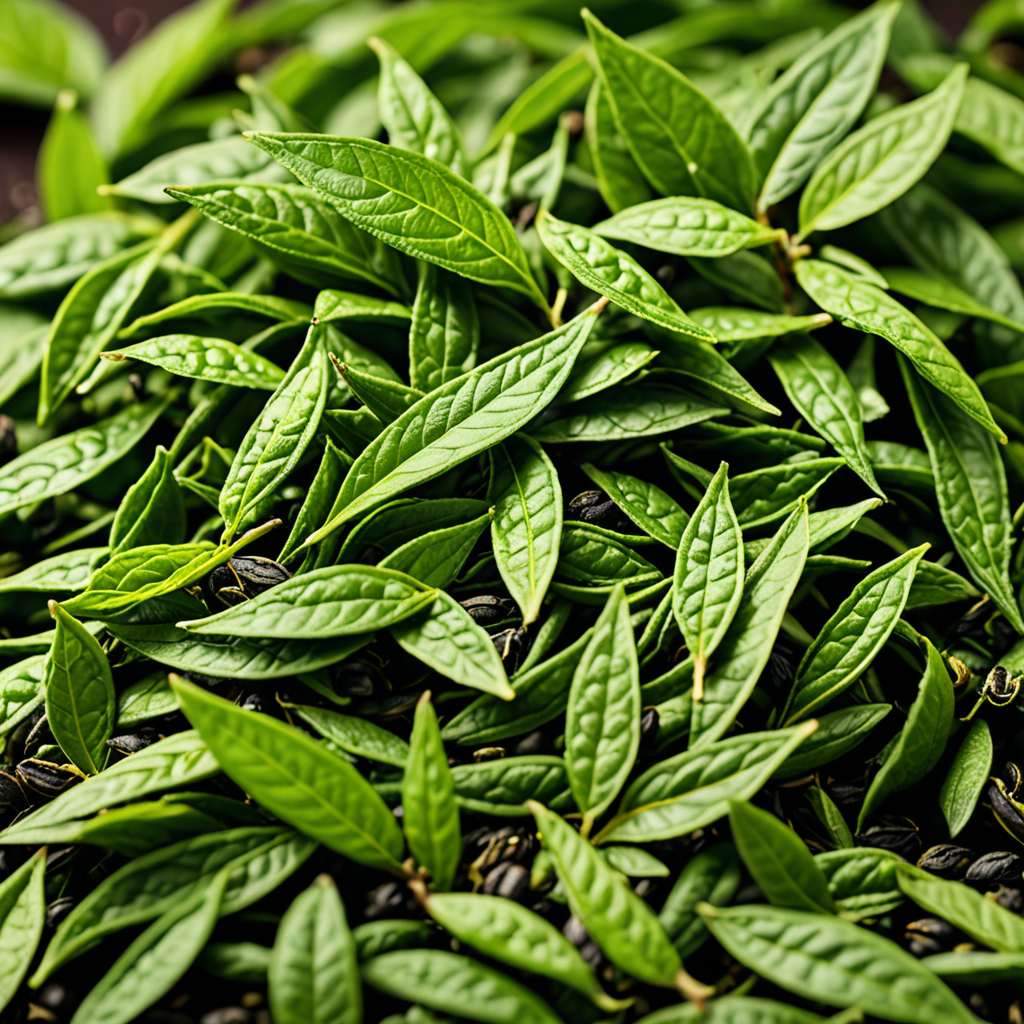1. History of Ceylon Tea: A Legacy Reborn
Ceylon tea, renowned for its exquisite aroma and rich flavor, holds a storied legacy that dates back centuries. Originating from the lush tea gardens of Sri Lanka, formerly known as Ceylon, this exceptional tea has captivated tea enthusiasts worldwide. The revival of Ceylon tea marks a renaissance of this cherished heritage, promising to rediscover the lost varieties that once defined its excellence.
2. The Lost Tea Varieties: Rediscovering Hidden Treasures
Over time, certain tea varieties that were once integral to Ceylon tea's reputation gradually disappeared from cultivation. These lost varieties possessed unique flavor profiles and contributed to the tea's distinctive character. The revival effort seeks to unearth these hidden treasures, bringing them back into production to restore the full splendor of Ceylon tea.
3. Agronomic Factors: Nurturing Rare Plants for Optimal Growth
Reviving lost tea varieties requires meticulous attention to agronomic factors that influence their growth and development. Understanding the optimal climatic conditions, soil composition, and cultivation practices is crucial to ensure the successful re-establishment of these rare plants.
4. Sustainable Cultivation: Preserving Heritage while Protecting the Environment
Sustainable cultivation practices lie at the heart of the Ceylon tea revival. By adopting eco-friendly methods, tea growers can preserve the environment while safeguarding the long-term viability of the tea industry. Responsible water management, organic fertilization, and the conservation of biodiversity are essential elements of this approach.
5. Sensory Attributes: Unveiling the Unique Flavors of Revival
The revival of Ceylon tea promises a sensory journey that unveils the unique flavors of the rediscovered varieties. Tea enthusiasts can anticipate a symphony of aromas, ranging from delicate floral notes to rich earthy undertones. The palate will delight in a complexity of flavors, from subtle hints of citrus to bold astringency and lingering sweetness, all culminating in a captivating and memorable tea experience.
6. Economic Impact: Revitalizing the Sri Lankan Tea Industry
The revival of Ceylon tea has a profound economic impact on Sri Lanka. The reintroduction of lost varieties and the increased demand for premium teas can boost tea production, create new jobs, and provide additional revenue for growers. The tea industry plays a vital role in Sri Lanka's economy, accounting for a significant portion of exports and employing a large workforce. The revival effort aims to reinvigorate this key industry, driving economic growth and prosperity.
7. Market Potential: Catering to Niche and Premium Tea Enthusiasts
The revival of Ceylon tea presents a unique opportunity to cater to niche and premium tea enthusiasts worldwide. The resurgence of lost varieties offers a range of flavors and aromas that appeal to discerning consumers seeking exceptional tea experiences. The market potential is vast, with growing demand for specialty teas and a willingness to pay a premium for quality and heritage.
8. Collaboration and Partnerships: Fostering Innovation in Tea Discovery
Collaboration and partnerships are crucial to the success of the Ceylon tea revival. Tea growers, researchers, and industry experts must work together to share knowledge, pool resources, and drive innovation. Partnerships with specialty tea retailers and premium brands can provide a direct link to consumers, showcasing the unique flavors of revived Ceylon tea.
9. Challenges and Opportunities: Navigating the Path of Revival
The revival of Ceylon tea is not without its challenges. Climate change, pests, and diseases can pose threats to tea cultivation. However, these challenges also present opportunities for innovation and adaptation. By embracing sustainable practices, investing in research, and empowering growers, the tea industry can overcome obstacles and ensure the long-term success of the revival effort.
10. The Future of Ceylon Tea: Preserving Legacy and Inspiring Innovation
The future of Ceylon tea is bright. The revival of lost varieties and the adoption of sustainable practices will preserve the legacy of this exceptional tea while fostering innovation and creativity. By building on the rich traditions of the past and embracing the opportunities of the future, Ceylon tea will continue to captivate tea enthusiasts worldwide with its unique flavors and enduring heritage.
FAQ
Q: What are the benefits of reviving Ceylon tea?
A: The revival of Ceylon tea brings back lost varieties, revitalizes the Sri Lankan tea industry, caters to niche market demand, and promotes sustainable cultivation practices.
Q: How can I support the revival of Ceylon tea?
A: Consumers can support the revival by purchasing premium Ceylon teas, learning about its history and heritage, and spreading awareness about the importance of preserving its legacy.
Q: What makes Ceylon tea unique?
A: Ceylon tea is known for its exquisite aroma, rich flavor, and the diversity of its tea varieties. The revival effort aims to restore the full spectrum of flavors and aromas that make Ceylon tea truly exceptional.

